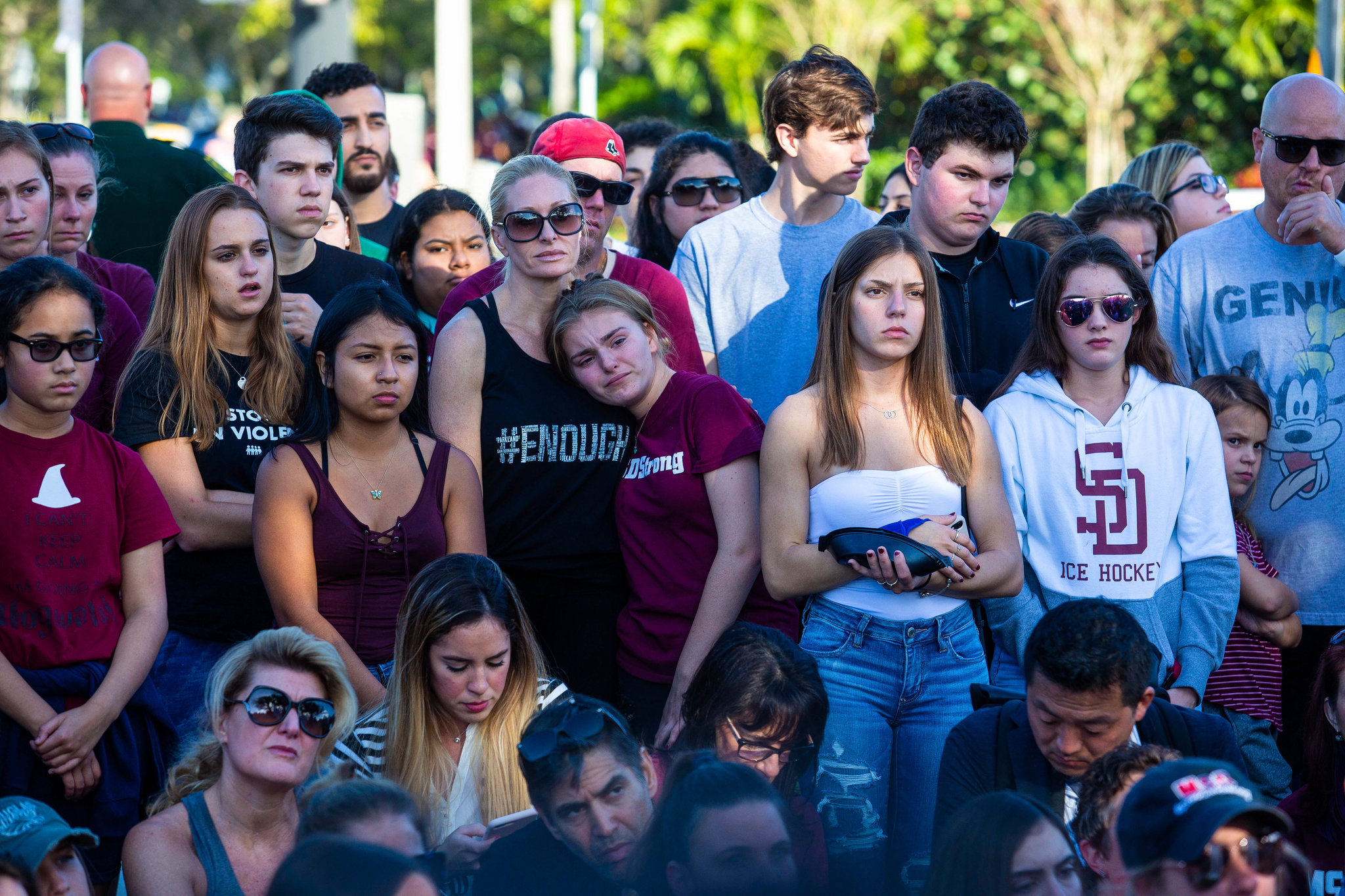Two survivors of the Parkland school shooting have tragically died by suicide within the past week, shedding light on the enduring pain and trauma stemming from gun violence. Sydney Aiello, a recent graduate of Marjory Stoneman Douglas High School, took her own life last weekend, while another survivor, a current student, has also died by suicide. These deaths occurred over a year after the shooting that claimed the lives of 14 students and three teachers, sparking a nationwide debate on gun violence.
Sydney Aiello, who was close friends with one of the shooting victims, Meadow Pollack, struggled with “survivor’s guilt” even after graduating from Stoneman Douglas. Her parents revealed that she had been diagnosed with post-traumatic stress disorder (PTSD), underscoring the lasting impact of such traumatic events on survivors. The Pollack family expressed their heartbreak over Aiello’s death, attributing it in part to the ripple effect of the shooting.

The Parkland shooting propelled survivors like Emma González and David Hogg into the spotlight as advocates for gun control. Their activism inspired widespread youth engagement in lobbying for tighter gun safety legislation, organizing nationwide marches, and holding political leaders accountable. However, the shooting also left many survivors grappling with ongoing trauma, reminiscent of the struggles faced by survivors of previous mass shootings, such as Columbine.
The deaths of Parkland survivors contribute to a concerning trend in the United States, where suicides, particularly among teens, are on the rise. Research shows a significant increase in suicidal ideation and deaths among high school students in recent years. While suicide remains relatively rare among teens, identifying effective intervention strategies remains a challenge for researchers and mental health professionals.
One potential avenue for suicide prevention involves addressing the underlying issue of gun violence. Studies indicate a correlation between higher rates of gun ownership and increased suicide rates, with stricter gun regulations associated with fewer deaths. Parkland survivors have advocated for gun control measures as a means of reducing both intentional and accidental firearm-related deaths, emphasizing the importance of addressing the root causes of gun violence in preventing future tragedies.


